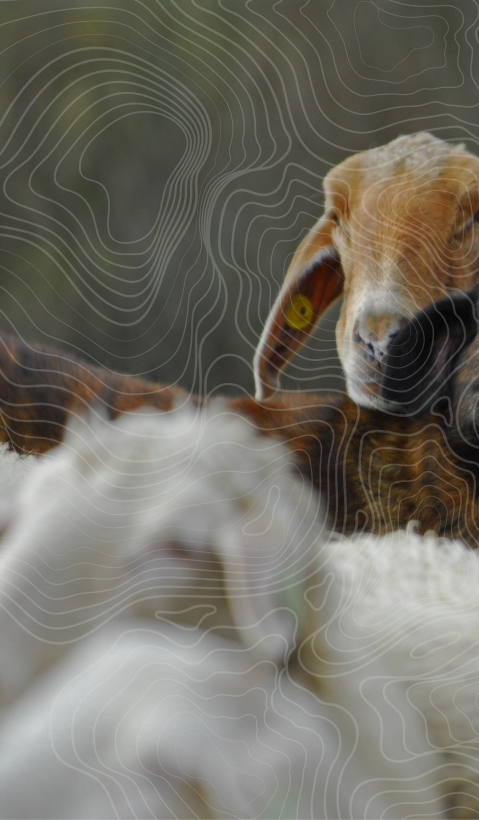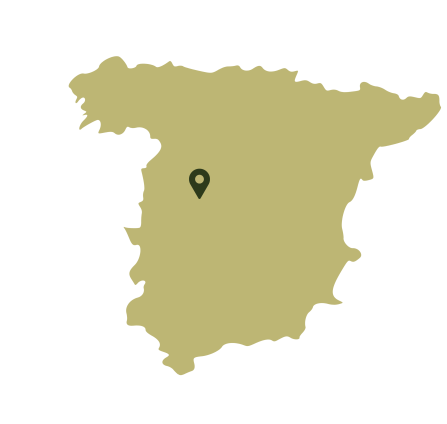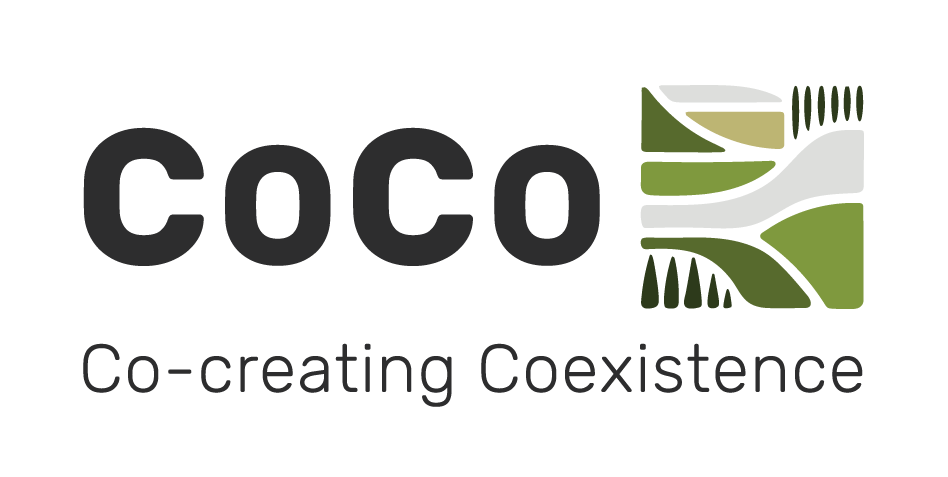



Municipalities

Geographical size

Human population

Number of livestock farmers

Livestock farming systems

Large carnivore species

Wolf population
SOCIOECONOMIC CONTEXT
Nested within the Gredos Regional Park and recognised as part of the Natura 2000 network, the landscape includes forests of Scots pine and Pyrenean oak, alongside extensive shrublands. Above 1,800 metres, the landscape features glacial cirques and high-mountain meadows. Winters are long and snowy, while summers are brief and dry. These climatic factors determine seasonal grazing activities throughout the year.
The local economy is structured around extensive cattle farming and nature-based tourism. Seasonal tourism has grown steadily due to the area’s scenic beauty and outdoor recreational offerings (hiking, birdwatching), but livestock production remains vital to the rural economy, cultural identity, and landscape conservation.
These rural mountain communities face severe demographic challenges: population decline, ageing, limited job market, and outmigration of the younger generation. However, traditions like summer cattle drives through the Puerto del Pico and festivities tied to pastoralism still persist and foster a strong sense of belonging and cultural heritage among local residents.


FARMING CONTEXT
Farming is primarily based on the extensive beef cattle rearing, featuring the local Avileña-Negra Ibérica breed alongside international breeds such as Limousine or Charolais. The Hispano-Breton horse breed is commonly raised in the area for meat production. Animals graze year-round across a diverse mix of private holdings and communal lands and birth outdoors. Transhumance remains an active tradition, with herders moving cattle to high-mountain pastures in summer and to warmer areas in winter, mainly to Dehesa forest pastures in the region of Extremadura. Most farms are managed by one or two individuals, and mechanisation is limited.
Main challenges
Ageing farmer population and low generational renewal.
High production costs, low profitability, and dependence on CAP subsides.
Predation by wolves and related emotional or administrative burdens.
Sanitary status and animal health regulations, particularly tuberculosis and brucellosis.
Scarce rural infrastructure and limited public services.
LOCAL CONFLICT ASSOCIATED WITH LARGE CARNIVORES
Number of attacks:
Livestock depredation by wolves in Ávila province has remained stable in recent years, though at consistently high levels. According to official data over 1,525 animals were killed in 2024.
- Dozens of attacks are reported annually in the study area.
- In 2024 the three municipalities under study area suffered more than 50 livestock casualties by wolf attacks.
- Most attacks occur during summer grazing, but winter attacks also occur near villages.


Social conflict:
Emotional and psychological stress among farmers: Feelings of frustration, fear, and helplessness are widespread, often linked to the prohibition of lethal control.
Perceived insufficiency of compensation systems: Payments are perceived as slow, incomplete, or unfair, and as not fully reflecting real losses on the ground.
Attacks often go unregistered or unconfirmed due to rugged terrain and scavenger activity that removes evidence.
Prevention perceived as impractical: Measures such as guard dogs and electric fencing are often ill‑suited to extensive mountain systems, with terrain and costs limiting feasibility.
Rising polarisation: Tensions go beyond material damage, mirroring broader societal divides between control‑oriented and protection‑oriented approaches. The area is reportedly among those with the highest number of wolf attacks in Spain.
Conflict intensified after legal changes: The prohibition of lethal control (2021-2025) and new management authorisations (2025–2026).

Funded by the European Union. Views and opinions expressed are however those of the author(s) only and do not necessarily reflect those of the European Union or the European Research Executive Agency. Neither the European Union nor the granting authority can be held responsible for them.
